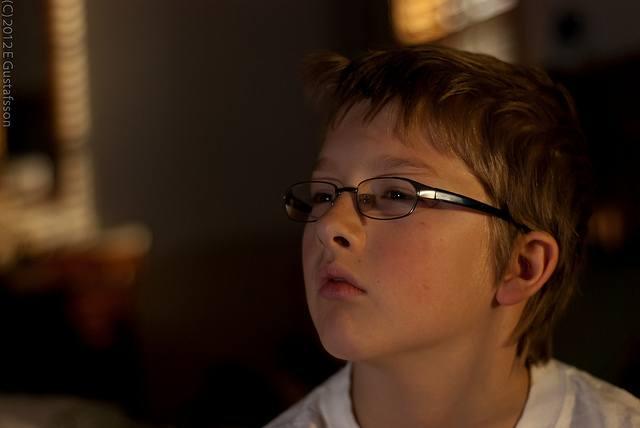
Influencer marketing combines both traditional and digital marketing tactics. Companies promote their brands and products through so-called influencers -- individuals with a substantial social media or online traffic draw. Deals between influencers and their advertisers are not always disclosed, which makes them a big problem when it comes to the impact on children, say advocacy groups.
The Center for Digital Democracy, Campaign for a Commercial-Free Childhood and Public Citizen filed a complaint with the Federal Trade Commission (FTC) against Google, Disney’s Maker Studios, DreamWorks (owned by Awesomeness TV) and two other companies. The groups allege these firms' practice of targeting influencer marketing toward children is unfair and deceptive.
Filed on Oct. 21, the complaint alleges that several marketing companies (Collab Creators, Wild Brain, Maker Studios and AwesomenessTV) produce and distribute ads and other commercial material targeted to children that appear as content. The groups say Google both encourages and benefits from the production of child-directed influencer videos and distributes them to children on YouTube and YouTube Kids.
The advocacy groups called on the FTC to investigate and take action against companies that “create and distribute child-directed 'influencer' marketing.” They also called on the federal agency to release policy guidance making it clear that using influencer marketing to persuade children to buy a product (or urge their parents to buy it for them) is an “unfair and deceptive marketing practice prohibited by Section 5 of the Federal Trade Commission Act.” In other words, influencer marketing aimed at children violates federal law.
“Child-directed influencer marketing is misleading to children because their developing brains do not process or understand advertisements the way adults do—especially advertisements disguised as content,” Laura Moy, director of the Institute for Public Representation at Georgetown University Law Center, which represents the groups, said in a statement.Children have buying power of about $1.2 trillion, either through what they buy themselves or what they persuade their parents to buy. So, companies are tripping over themselves to reach children and influence them to buy their products. The complaint cites several cases of how companies target children with influencer marketing. One case involves the Collab Creators who make videos with influencers, including Baby Ariel who has 1.6 million subscribers on YouTube. In a few videos, Baby Ariel “unboxes and touts toys and games for children in a fun and entertaining manner,” the complaint describes.“Corporate predators are using young Internet influencers, admired by kids, to hawk their wares to children, even to young children,” added Rob Weissman, president of Public Citizen. “The marketers and the advertising platforms enabling and promoting this activity should be ashamed. But since they’re not, we need the FTC to act to end their outrageous practice.”
Other cases include:
- Disney’s Maker Studios has a popular YouTube influencer show called EvanTubeHD, which features 8-year-old Evan and his 5-year-old sister Jillian “as they review and play with the most popular kids toys currently on shelves.” They also taste test and review snack foods. The show’s videos “blur the line between commercial and non-commercial content, targeting young children,” the groups allege.
- DreamWorks, owned by AwesomenessTV, has a show on YouTube called Swamp Talk which features the animated character Shrek. Life Hacks for Kids is another show that features “life hacks” designed for kids, and many of the show’s videos include product placements.
Image credit: Filckr/Eje Gustafsson

Gina-Marie is a freelance writer and journalist armed with a degree in journalism, and a passion for social justice, including the environment and sustainability. She writes for various websites, and has made the 75+ Environmentalists to Follow list by Mashable.com.














